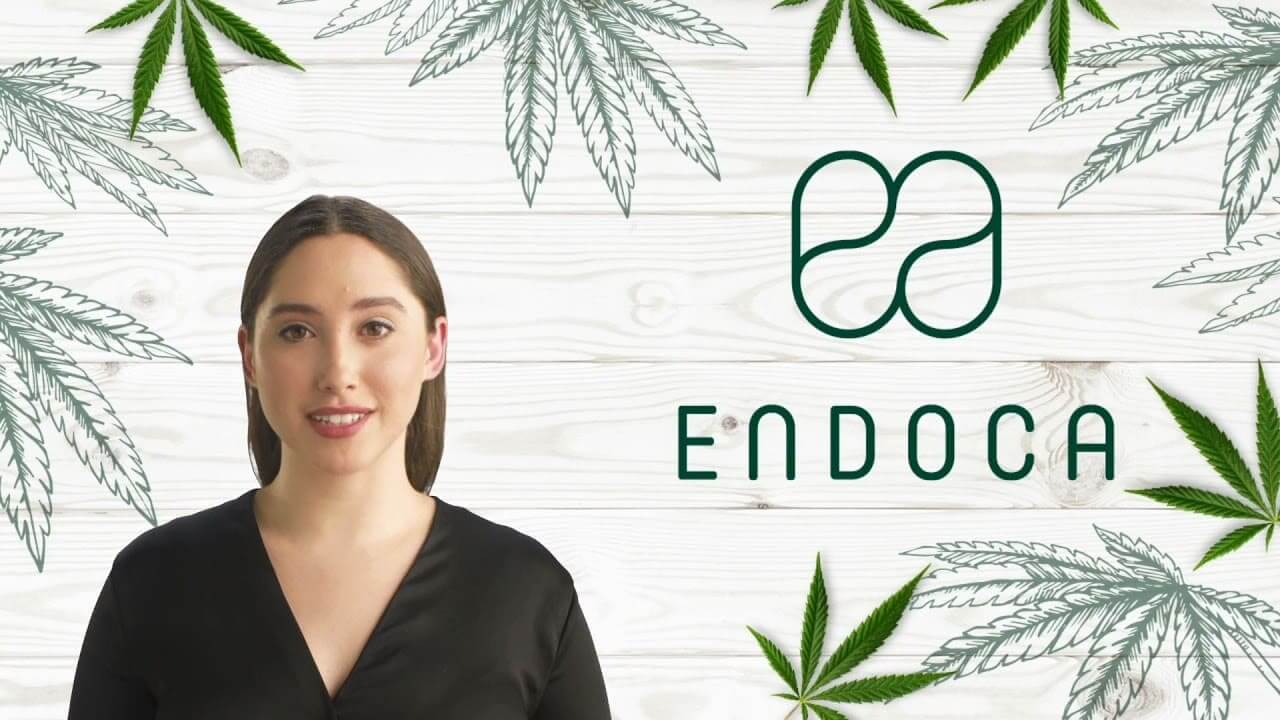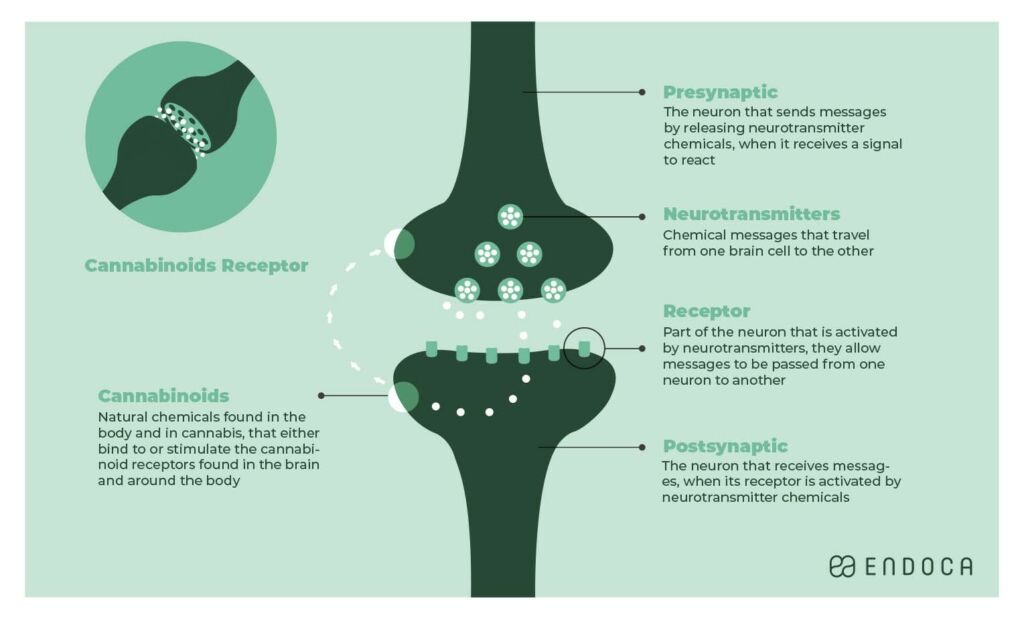CBD Oil Effects / What does CBD do

What are the effects of CBD? When it comes to the effects of CBD, it can be confusing. What works for one person might affect someone else completely different. That’s why when taking CBD it's best to have an open mind to its possible effects.
Just like any other supplement CBD can easily be taken on the go or as part of your daily wellness regimen. The effects of CBD depend on many factors that can make you wonder if CBD really works for you. From how much CBD you take, to the strength of the products you choose, your unique psychological makeup can affect how CBD makes you feel.
Some people feel the effects instantly while others may take longer, but this doesn't mean CBD doesn’t work for you, you should expect to have your own personal experience as its effects vary from person to person.
Knowing just how CBD affects the body, can help to explain how CBD can fit into your wellness regime. But, before we get into the CBD effects, let’s remind ourselves what CBD is and where CBD comes from.
'CBD 'also known as cannabidiol, is a natural compound found in the cannabis sativa. In fact, CBD is one of over 100 compounds that are derived from the hemp variety. CBD is non-psychoactive and will not make you 'high.'
How Does CBD Work in the Body?
CBD works by interacting with your endocannabinoid system. This system, also known as the ECS is a key homeostatic regulator, that plays a vital role in almost every physiological system. The endocannabinoid system is best explained as a vast network of receptors that receives chemical compounds. These receptors impact your overall well-being and are themselves activated - by natural compounds like CBD.
What is the Endocannabinoid System?
Many scientists believe the endocannabinoid system (ECS) promotes balance in the body. Each receptor sends signals that initiate homeostasis or balance.
Discovered in the early nineties by scientist Dr. Lumir Hanus, while investigating how the psychoactive compound THC reacts with our internal system. They unearthed the way the body produces its own compounds, which showed a similar effect to that of the cannabinoids found in cannabis.
Therefore it was named the ‘endocannabinoid system’. Because of its ability to make your body create its own cannabinoids. The ECS is comprised of CB1 and CB2 receptors. The CB1 cannabinoid receptors are predominantly found in the brain and the central nervous system (CNS). While CB2 receptors are mostly found in the immune system.
How CBD Works with the Endocannabinoid System?

Scientific research on the effects of CBD on the endocannabinoid system suggests that cannabinoid receptors line the outer layer of cells that are distributed throughout your body. CBD is thought to react with the CB2 receptors that are found outside of the CNS, in your immune system.
So, how does CBD affect this system? It is theorized by scientists that CBD interacts with the CB2 receptors. And by doing so, potentially prompts your body to produce its own cannabinoids, which work to restore overall balance and well-being.
Even though there is still much more to be discovered about the endocannabinoid system, a PubMed search reveals more than 1500 studies and reviews that have been published in this area of science.
How Does CBD Make you Feel?
One of the best qualities of CBD is its, personalized effect. It’s fair to wonder ‘what are the CBD effects?’ or ‘how will CBD make you feel?` It's a common misconception that CBD will make you feel ‘high’, like THC. However, CBD is non-psychoactive, which means it won’t give you that euphoric feeling associated with other strains of cannabis. When CBD is derived from hemp, it has less than 0.2% THC.
The reasons why people sought to use CBD may vary depending on factors such as health, lifestyle, and circumstances. Therefore its effects may differ from person to person.
Some people describe CBD’s effects, as being slightly energized with an increased feeling of focus. While others may feel more calm and relaxed which could help support better sleep. The beauty of CBD is that everyone's CBD journey will be different, so to manage your expectations you should find your own CBD ‘sweet spot.’
Want to learn more about the CBD effects? Discover our Trustpilot reviews and see what our customers have to say about our CBD products.
How Long Does CBD Stay in your System?
When taking CBD the golden rule really is – everyone is different. Some studies show that CBD stays in your system for two to five days. However, this is also dependant on your metabolism. The amount of time it takes for the molecule to completely leave the human body depends on each person – as well as how much has been taken.
Factors such as weight, sex, metabolic rate, and how healthy you are will all play a role in how long CBD will stay in your system, in addition to the following:
- The chosen delivery method - Some methods allow the body to absorb less CBD than others
- The frequency in which your CBD dose is taken.
We can’t say this often enough, but all bodies are different and are bound to react differently to what we put inside them. Therefore, a good rule of thumb is to always pay attention to the signals your body is sending you.
What are the Side Effects of Taking CBD?
It’s also important to remember that CBD can affect everyone differently and what might happen to one person might not be the same for you.
We recommend starting with a low dose and gradually building your way up to a dose that feels comfortable for you. Monitor your dosage to see how much you are taking and if you notice any side effects, simply lower the dose again.
Some of the side effects of CBD may include:
- Dry mouth
- Lightheadedness
- Drowsiness
Does CBD oil make you tired?
It’s been suggested that CBD is a wake-inducing agent. However, in higher doses, CBD can affect people differently and cause drowsiness. If you experience side effects, pay close attention to your dose.
Is CBD Oil Safe?
The compound CBD and Endoca CBD products have NOT been approved by the FDA.
Disclaimer
The information supplied by Endoca on this info page about the CBD effects serves only as a guide. Making reference to the science linked to the compound CBD only and not Endoca products.
The research mentioned on this page does not in any way relate to the effects of Endoca CBD products. CBD and Endoca products have not been FDA approved and do NOT intend to treat, diagnose, or cure any diseases or conditions. For more scientific information on the effects of CBD, we recommend reading the latest published research. At Pub med.com
Still wondering how CBD could work for you? Head over to our how to use CBD page and discover more. If you need a helping hand making an informed decision about Endoca products, you can also send us a message via our chatbot or drop us an email — our support team will be happy to help!
More information about CBD
Feyza Olson
Feyza Olson is Content Manager at Endoca. Her passion for natural products and holistic health inspires her in creating wellness content on cannabis and cannabinoids, for both newcomers to the CBD world and experts. She loves continuing to learn about wellness and health from a holistic perspective and sharing her findings.




